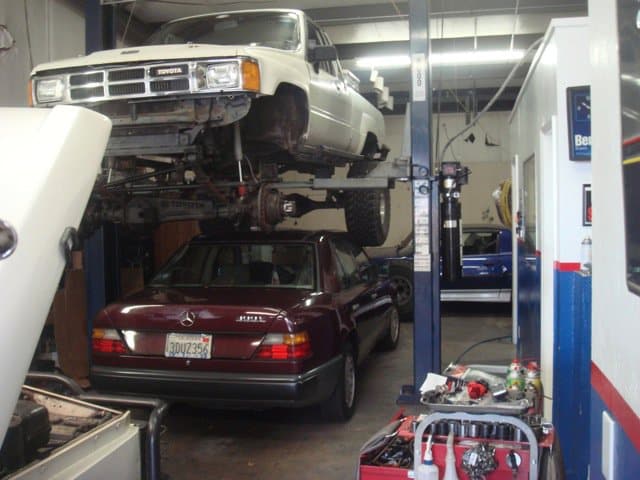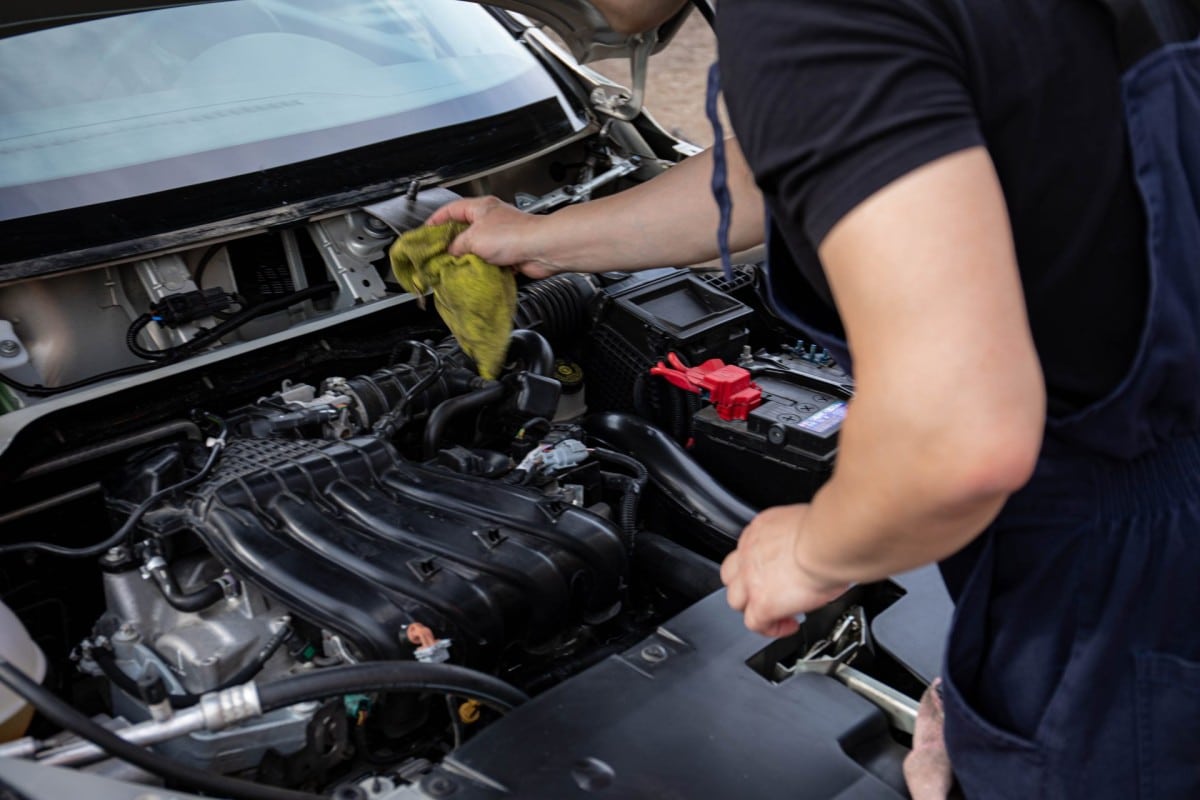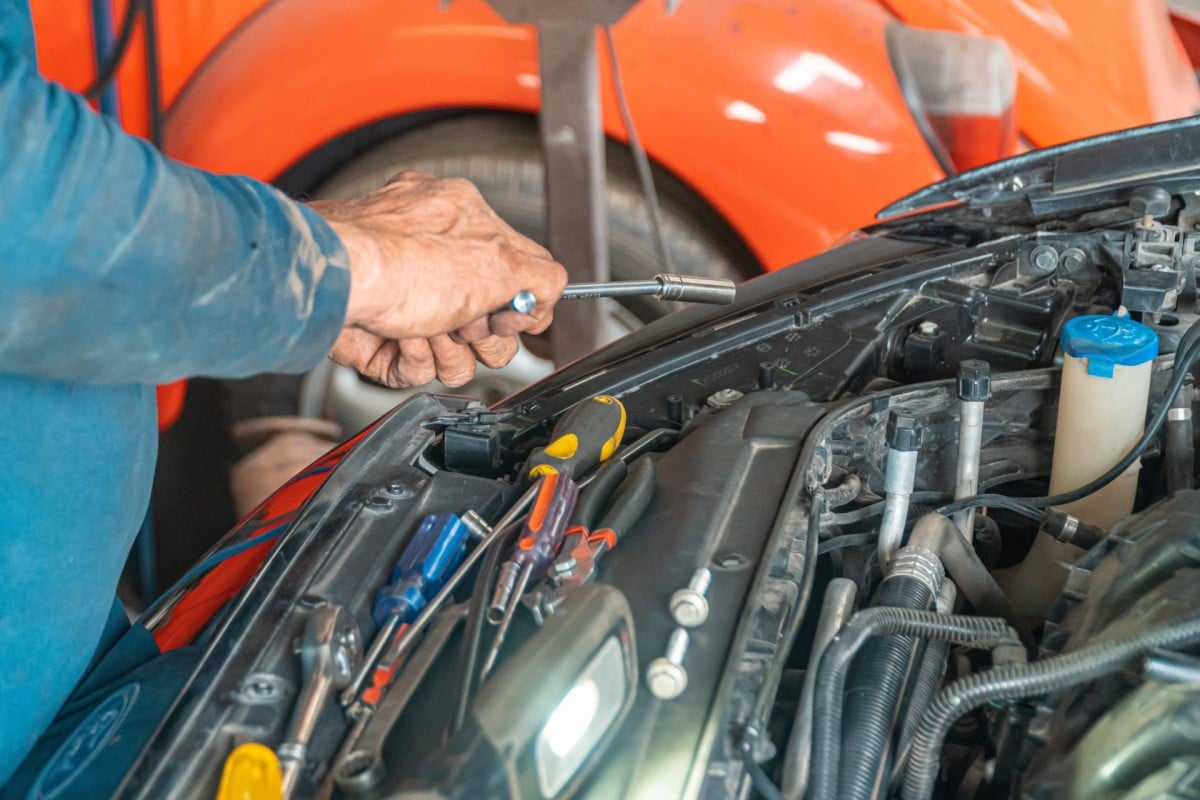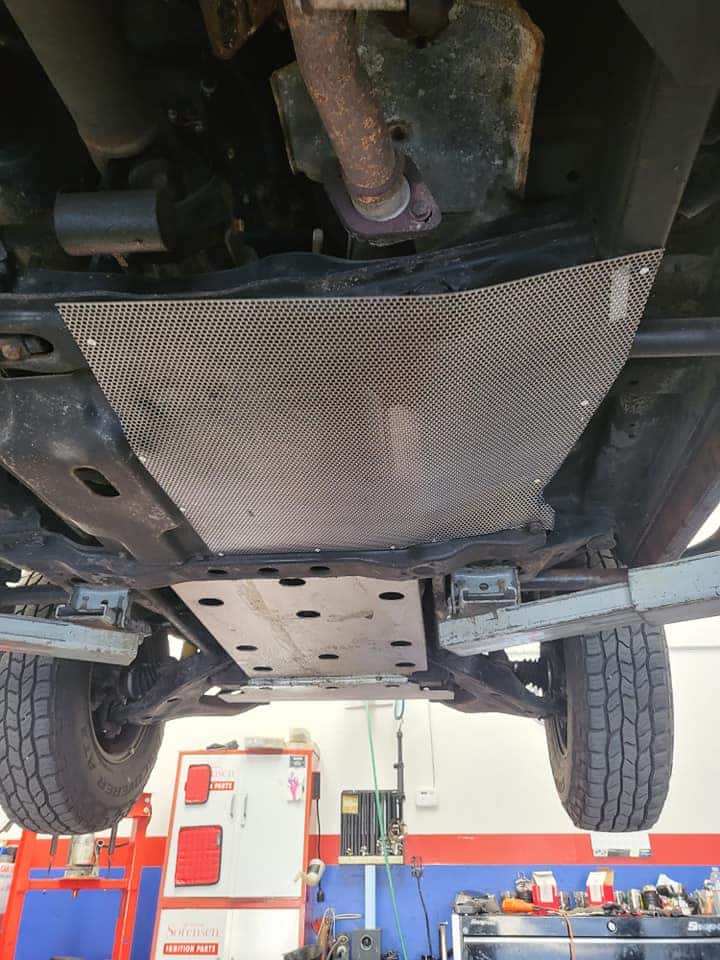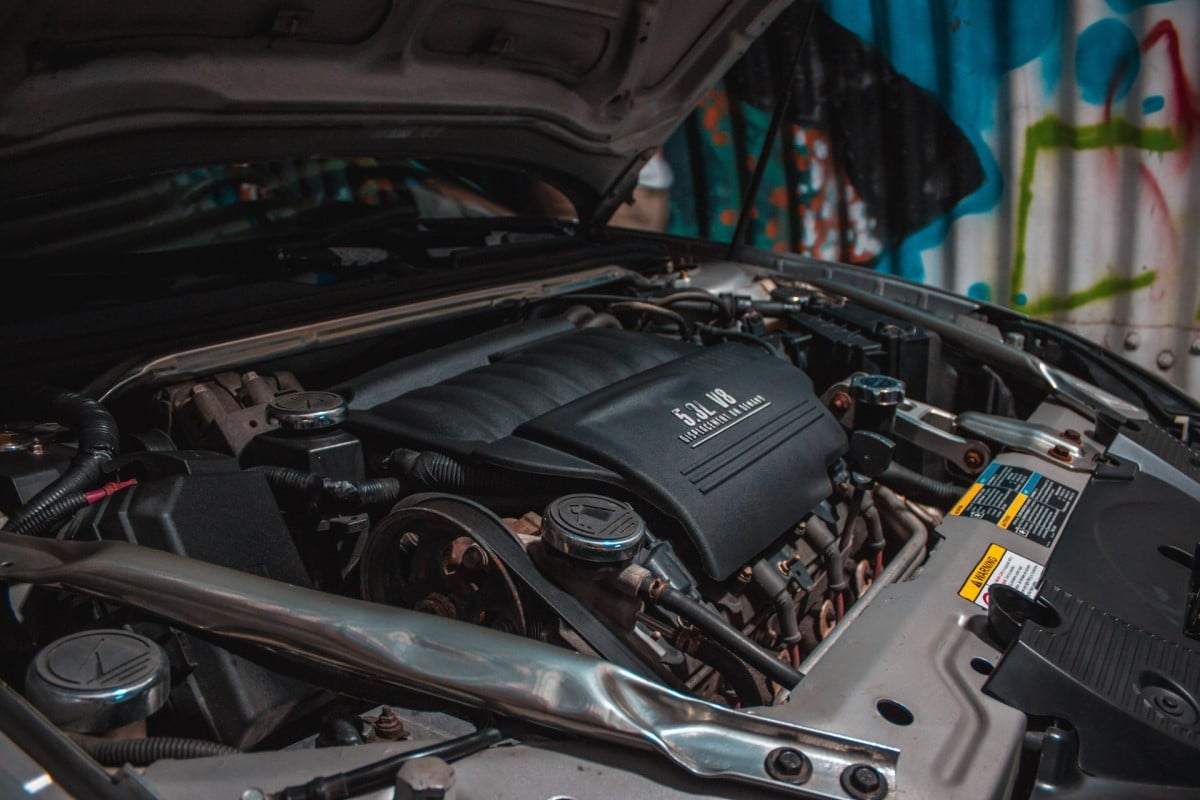Got a minute? Let's chat about the humble spark plug. It's one of those parts in your car that really doesn't get the limelight it deserves. Yet, it's so crucial to your car's health and performance. Why, you ask? Well, let's dive right in.
The Life and Times of a Spark Plug
See, the spark plug is a crucial part of your car's ignition system. It generates a spark of electricity that ignites the air/fuel mix in your engine's cylinders. The resulting explosion pushes the pistons down, which turns the crankshaft and powers your car. If your spark plug fails, your car may not start or could perform poorly.
Now, you might be wondering, how often should I replace my spark plugs? Well, it depends on the type of spark plug. Copper spark plugs might need to be replaced every 20,000 miles, while platinum and iridium spark plugs can last up to 60,000 and 120,000 miles respectively.
How To Spot a Failing Spark Plug
There are some telltale signs that your spark plugs might be on their last legs. You might notice a decrease in fuel efficiency – yes, worn-out spark plugs can make your car guzzle more gas. You could also experience engine misfires, rough idling or even difficulty starting your car. If you notice any of these symptoms, it's time to get your spark plugs checked.
Engine Tune-ups and Spark Plugs
So, how do spark plugs fit into engine tune-ups? Well, during a tune-up, a mechanic will inspect your spark plugs, among other components. If the spark plugs are worn out or damaged, they'll replace them. They'll also adjust the spark plug gap as needed. This is critical because the right gap ensures the right spark – which leads to better combustion, improved fuel economy, and reduced emissions.
Why is this important? Well, the more efficiently your engine runs, the less strain there is on your car, which means less wear and tear, fewer repairs, and more money in your pocket. Plus, you're doing your bit for the environment.
Doing it Yourself Vs. Professional Help
Sure, replacing spark plugs might seem like a simple job. But, unless you have the right tools and knowledge, it can quickly become a complex task. For instance, you need a feeler gauge to adjust the spark plug gap. You also need to know the correct gap for your car's engine – too little or too much can cause problems. Then there's the risk of cross-threading the spark plug, which can damage the cylinder head.
That's where professional help comes in. Trained mechanics have the right tools and knowledge to do the job accurately and quickly. Plus, they can spot other potential issues while they're at it, saving you from potential headaches down the road.
Alright, let's wrap this up. The spark plug might be small, but it sure packs a punch. Regular maintenance of your spark plugs can keep your car running smoothly and efficiently. If you've noticed any of the symptoms we've talked about, it's time to get your car checked.
And remember, while DIY has its charm, sometimes it's best to leave things to the professionals. Especially when it comes to your car's health. So, if you're in Santa Rosa, CA, or surrounding areas, and your car needs a tune-up, why not give the friendly team at Sartorial Auto Repairs a call? They'd be happy to help keep your car in tip-top shape.




